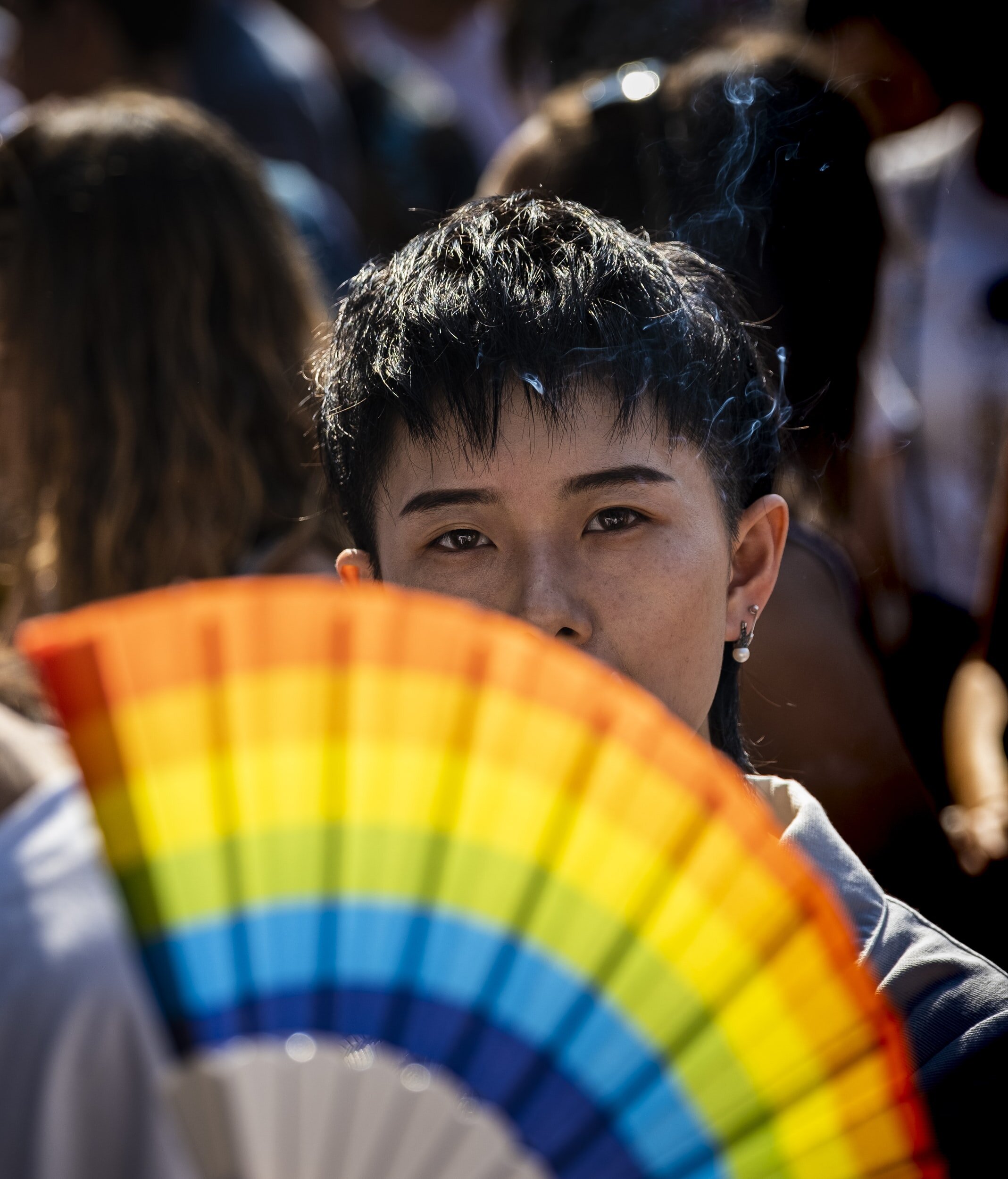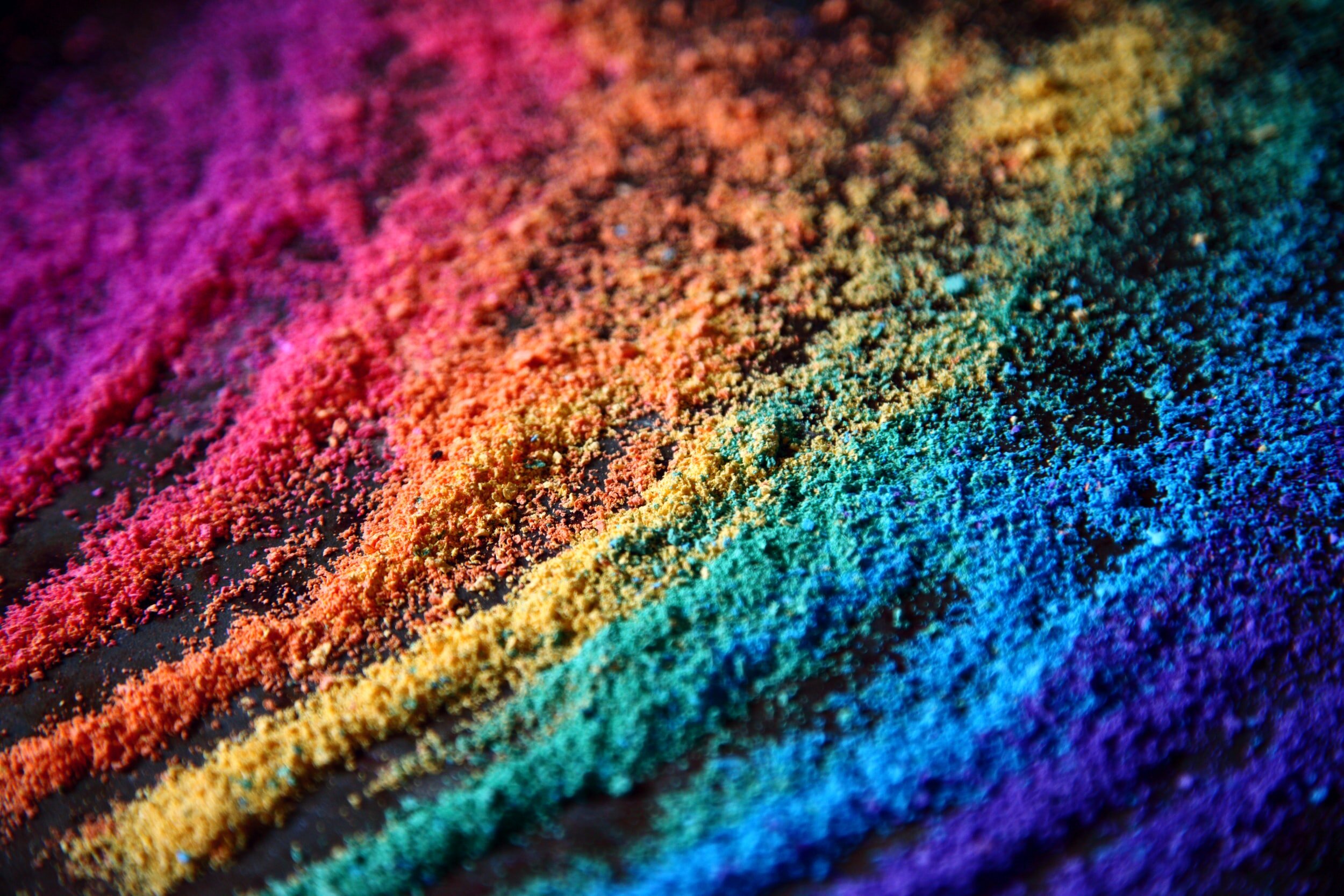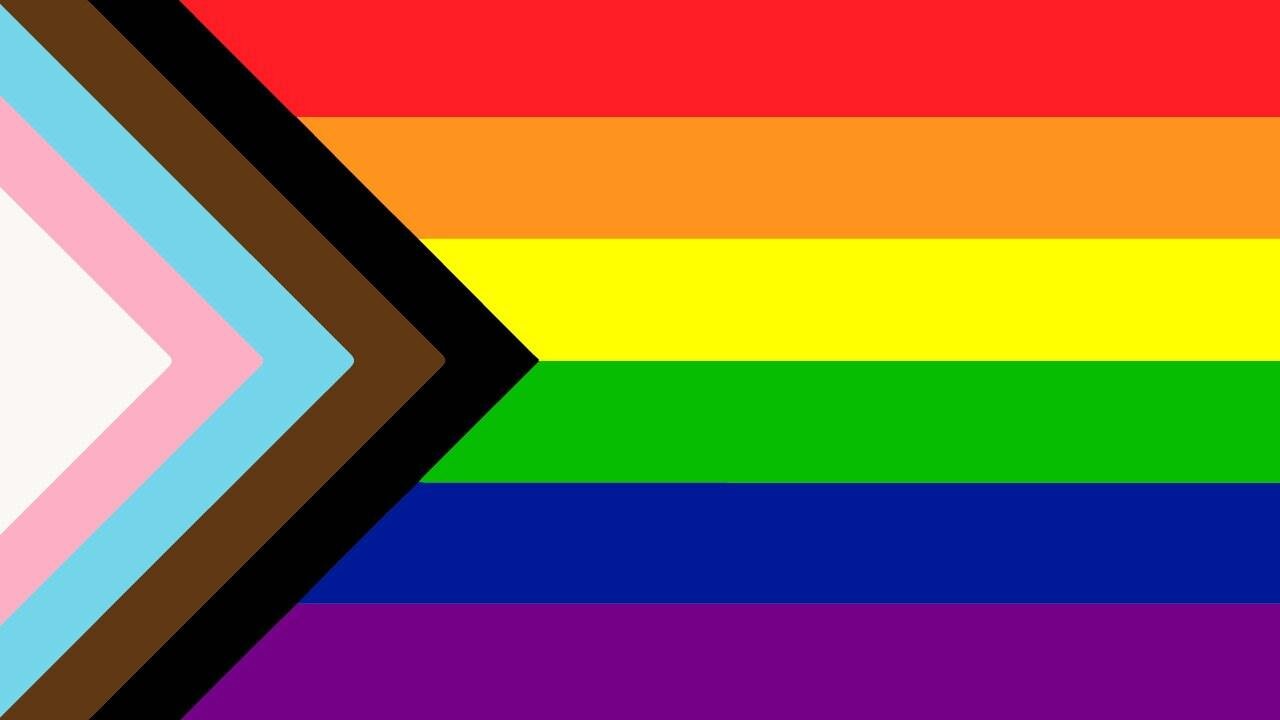Queer People of Color Exist: The Erasure of Marginalization Within the LGBTQ Community
Towards the end of May, Korean-Peruvian educator and anthropologist Ren Fernandez-Kim (she/they) remembers seeing many white members of the LGBTQ community deciding that it was already time to celebrate Pride Month, even though there was one more week left in AAPI Heritage Month.
“I'm like, ‘We still got a week left, maybe talk about the intersectionalities of queer POCs. That would be a good transition piece.’ But no, they decided it's gay month, we've done our mourning for Asian people, and let's move on.
Instead of recognizing that Black and brown people of color were actually at the forefront of the movement, they just decided it's more of a party than it actually recognizes that there's still a fight to be continued,” said Fernandez-Kim.
The queer liberation movement was led by Black and brown trans women, yet within the overarching LGBTQ community, there is an erasure of marginalization, specifically for queer and intersectional people of color. Born from that erasure are celebrations, spaces, and conversations that cater solely to one group: white cis queer people.
“There's always been this idea, especially in Euro-colonial context, that whiteness is the best, and then maleness is often looked to as ideal. So it’s not surprising when you see white men who admire other men being at the forefront, because that's something they're comfortable seeing,” Fernandez-Kim said.
Founder of the Autistic People of Color Fund Lydia X. Z. Brown said that with this topic, they prefer to describe it as the erasure of marginalization within the LGBTQ community rather than “exclusion” and “inclusion” because they don’t wish to be included into a white supremacist, cis-hetero-patriarchal, ableist, and capitalistic society. They said that the words “inclusion” and “exclusion” also imply that existing structures and systems remain in place and the same.
“Capitalism is obviously to our detriment. But I don't want the answer to that to be to fix capitalism, because capitalism can't be fixed. I want the answer to that to be
‘How do we build a social, economic and political system in which all of us are valued so that I don't have to be included in it because everybody is valued?’” Brown said.
Malay-Javanese student at Emerson College Jehan Ayesha(she/they), who is agender and queer, said that erasure and the marginalization towards people of color in the queer community is not uncommon in her experience. In college, she was a part of a fraternity that had a lot of LGBTQ people, however, she said that people perceived her as cis, straight, or both because she dressed more feminine than masculine and wasn’t visibly queer.
For Ayesha, not visibly appearing as a part of a community is something that they experienced not just in that fraternity but also in white-dominant spaces, resulting in them feeling restricted in how they celebrate themself and their queerness, as well as how they participate in queer conversations.
“I would have to justify myself [and] explain myself as to why I'm not visibly, identifiably queer to sort of assert that I belong in that group. And I know that this is true for a lot of other queer, trans or non-binary people of color, not even just that we're excluded from the spaces, but our experiences with it is different, because based in our home community, and also in a lot of ethnic cultures, gender was not binary until colonization,” Ayesha said.
Fernandez-Kim, who identifies as non-binary and bisexual, said that much of the erasure of marginalization and exclusion of Asians and other people of color within the LGBTQ community stems from racism, patriarchy, and Euro-colonization. In reflecting on queerness from the lens of her Korean-Peruvian identity, she points out that her cultures have a history of queerness, however, it was impacted by Euro-colonization and the illegalization of queerness.
Even though they had always been aware of their queerness, Fernandez-Kim never knew how to describe themself or what to associate with because they didn’t have resources available to them, which is another byproduct of Euro-colonization.
“When it comes down to the privilege as a white gay man, yes, there are definitely some hinders that come with it. There are cases of violence or neglect, and not having support. That is completely valid,” said Fernandez-Kim. “But when you compare that with the already oppressing factors to other marginalized groups, it's a lot harder because we don't have resources. And to find the resources are even more complicated when you add in additional factors, whether it's transportation, finances, whether it's having an actual queer community nearby that can give you the answers or support you.”
Brown said that the erasure of marginalized, queer, disabled, and Asian identities is found everywhere. Privilege and oppression teach us that privilege and resources are the norm and the default, which is why when people think about marginalized communities, they think about the most privileged of those groups.
“When people mentioned queer people, they're thinking about white queer people, cisgender queer people, non-disabled queer people.
We always assume that wherever power is, that is the default.
So anyone who is marginalized, and especially those of us who are multiply marginalized, we are always and already removed from the conversation,” Brown said.
Ayesha points out how many LGBTQ people, specifically white queers, don’t seem to recognize that there are queer people of color out there, which is something that they felt on the first day of Pride Month.
On social media, Ayesha noticed many white queer people making jokes about wanting reparations from cis straight people who have oppressed them. She said that the “reparations” joke is one that is commonly used by people of color who have experienced racism, so she made an Instagram story post addressing the issue of white people appropriating it.
When making the post, however, Ayesha said she went back and forth on whether or not to state her identities out of worry that people would not recognize or accept what she was saying.
“I spent time thinking about whether or not I wanted to put my identity on that post to be like, ‘Before you attack me, I am a Southeast Asian and queer person,’ to justify [it]. If you know that whatever somebody said is the truth, then why do they need to come out and explain their stakes on it for you to accept it? Or even, why do you need other white people to back up their claims for you to accept it? Why do you think people of color can't be a part of the community?” said Ayesha.
Design Credit: Daniel Quasar for "Progress" A PRIDE Flag Reboot
As an East Asian, queer, and disabled person, Brown said that they often feel isolated and alienated because they often feel as though they are the only one of their kind in the communities that they are in. For example, when entering a queer space, they said they are likely the only openly disabled person there, or when entering an East Asian space, they might be the only openly disabled and trans person there. They note that for some people, even if they have shared experiences, it may not be safe or comfortable for them to live authentically to who they are.
“There's so many reasons [why] it's not safe for all of our people to be able to live authentically to who they are, and because of that, in large part, you never know for sure [if] you are actually the only one. For those of us who have chosen to, or who have been coerced into being out and open about who and what we are, that places us in an incredibly awkward position sometimes where we have to do all of the labor of making spaces more open and more supportive for those who will come after us. That is a very difficult position to be in, and at the same time, there are so many people who don't have that option,” Brown said.
Brown said that due to the erasure of marginalization, many (including themself) have sought to create their own spaces, separate from the harmful or oppressive spaces, where they will be valued, supported, and honored for who they are.
An example of such spaces is the National Queer Asian Pacific Islander Alliance. The organization is a federation of LGBTQ AAPI organizations dedicated to building the organizational capacity of such local groups, promoting visibility, educating the community, enhancing grassroots organizing, challenging anti-LGBTQ bias and racism, and more.
When looking at such specific spaces, Brown said that people often question how segregated spaces help advance movements or do anything for a community besides split people off. They said that these questions always come from a privileged perspective.
“The question isn't really are segregated spaces a good or a bad thing, so much as how can we ensure that all people, no matter who they are, have the ability to choose to create specific dedicated spaces,
in ways that make sense to them and people they are with and prevent such spaces or policies from reinforcing existing lines of domination, oppression and power that cause harm, structurally and systemically,” Brown said.
To this day, white supremacy, ableism, racism, and other forms of oppression are very much present within the overarching LGBTQ community. Fernandez-Kim notes that in the past year and a half, she has seen some progress from white queers in terms of taking accountability and starting to use their platforms to spread awareness about such issues.
Still, the erasure of marginalization persists within the LGBTQ community because it has yet to truly confront their own oppression.
Brown said, “Power is as power does. In the world that we live in, it is inevitable that we will be stuck dealing with the impact of white supremacy, or colonialism, or ableism. We are working on building toward a future that would be different, but where we are now, it can seem impossible. Just because a community claims to care about justice and liberation for queer people, if it hasn't confronted its white supremacy, it's classism, it's Christian hegemony, or it's ableism, then there's still going to be oppression.”



